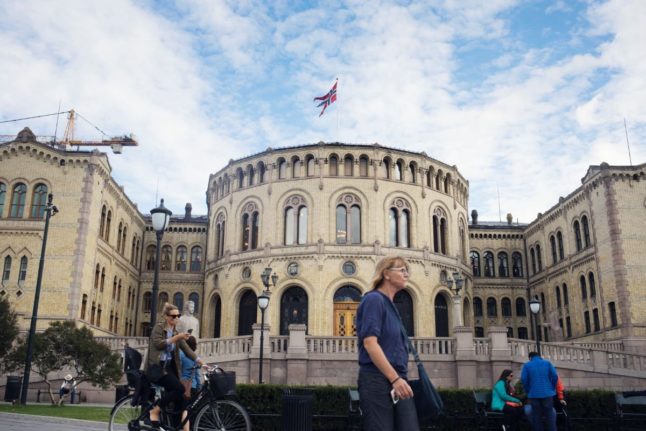Sandra Borch, who had been minister since 2023, announced her resignation in January after a student revealed similarities between her 2014 dissertation and other works, notably those of two other students.
The University of Tromsæ decided, after investigating the matter, to annul the dissertation, which focused on safety regulations in the oil industry, the
parliamentary group of Borch’s Centre Party said.
“Borch cheated and the results of her dissertation have to be annulled,” the university commission ruled, cited by the party in its statement.
“I made a mistake and was negligent, and I will of course bear the consequences,” Borch said in a statement, adding that she would not contest the decision.
Business student Kristoffer Rytterager, who revealed the plagiarism, claimed that Borch had left in typing mistakes when, among other things, lifting word for word a passage from another dissertation.
The 27-year-old student, whose revelations were widely covered in Norwegian media, said he had scrutinised her work because of his irritation over her
hard line on plagiarism as minister.
Her ministry had taken to the Supreme Court the case of a student who had been cleared on appeal of self-plagiarism for using passages of her own past work without citing them.
The ministry denied harassing the student but argued it wanted the country’s high court to rule on what exactly constitutes academic plagiarism.



 Please whitelist us to continue reading.
Please whitelist us to continue reading.
Member comments